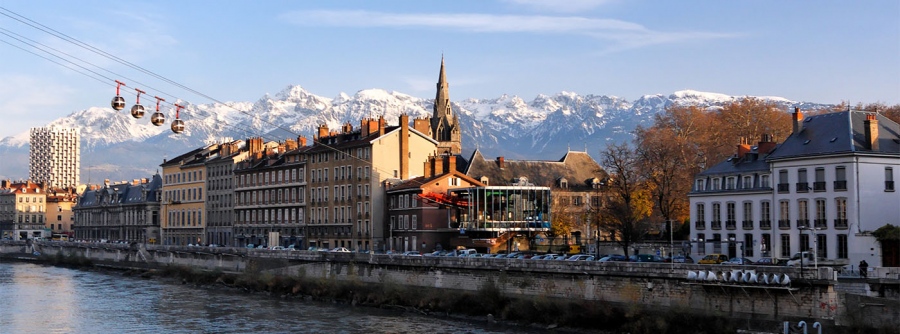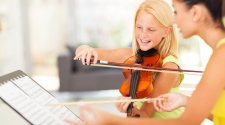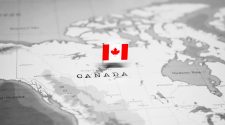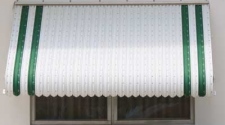NJ MED carries out poll surveys of the education systems in the world. It then ranks them in order based on the progress that each country makes to improve their education sector, on a yearly basis. There are many other rankings available on the web.
In this article, we will touch on five countries that appear on most of the reports on Education Poll. Different countries have varying systems that they enforce to equip their citizens with knowledge. Since the youth are the future’s workforce, it is necessary to prepare them, for the 21st Century economy which is knowledge-based.
Think about this as you search for a personal statement review service, for your needs. The following are the best five, in 2016-2017 rankings:
1. Finland
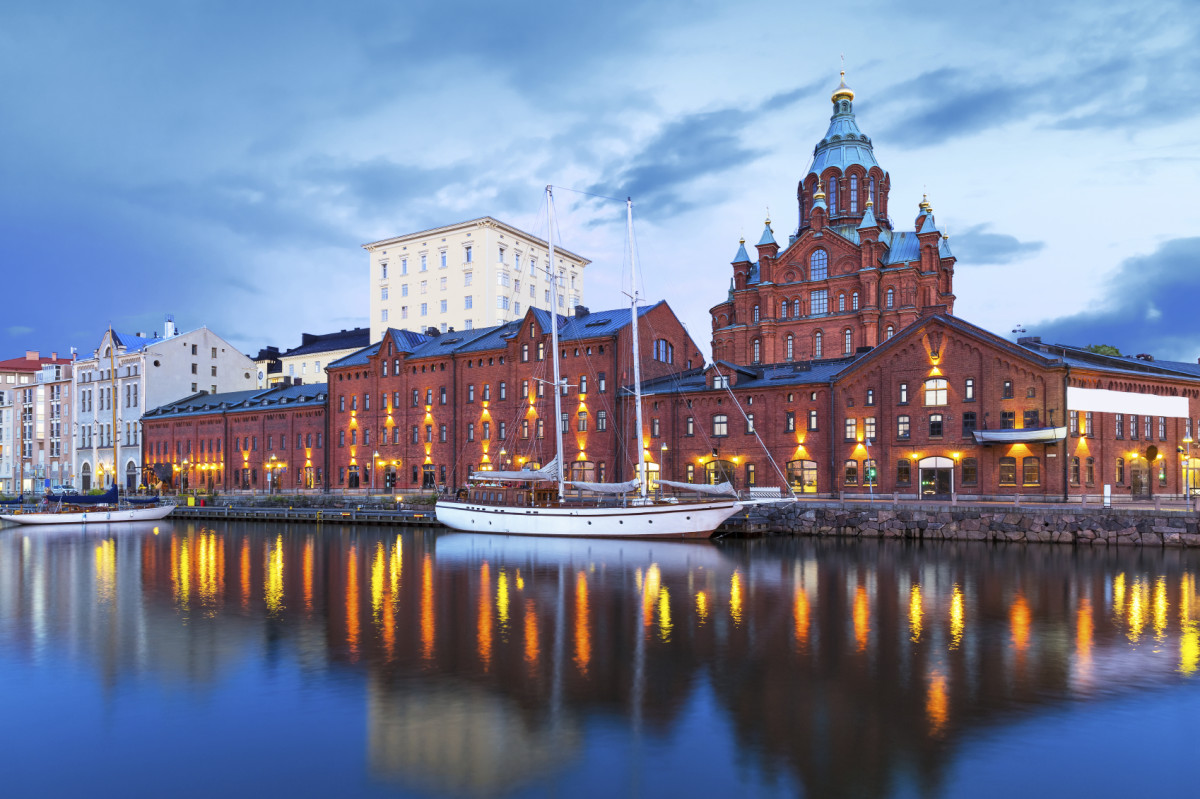
According to OECD (Organization for Economic Co-operation and Development), the Finns have the smallest difference between the weakest and strongest students. They are famous for adopting a no banding system in the education sector. That is, all students get taught in the same classes, it doesn’t depend on their abilities.
Grades are given at fourth class, and the only standardized test that students sit for is at 16 years of age. As per the NJ MED polls, Finland also has a higher ranking in the teacher to student ratio in both primary and secondary schools, not to forget the number of secondary school students.
2. Japan

It boasts of a 99% literacy rate among its 127 million citizens. Japan’s education system is also considered as one of the best in the world. It emphasizes on academics at an early age, six years.
Though high school is not compulsory, their enrolment rate as at 2016 was 98%. In the OECD rankings students In Japan perform highly in literacy, mathematics, and science.
3. Belgium

Educations is highly prioritized in Belgium. Children between ages 4 to 18 can access a complete system of both public and private schools, at little or no cost. That’s according to US Fulbright Commission. Their early-childhood enrollment rate is at 98%.
Since their system consists of Flemish, French, and German-speaking communities, they are among the most complex systems in the world. To top it off, they have different genres of secondary schools, i.e., vocational, general, technical, and art secondary schools.
It calls on us to reflect on the properties of our education systems as you go ahead with the personal statement writer.
4. Israel
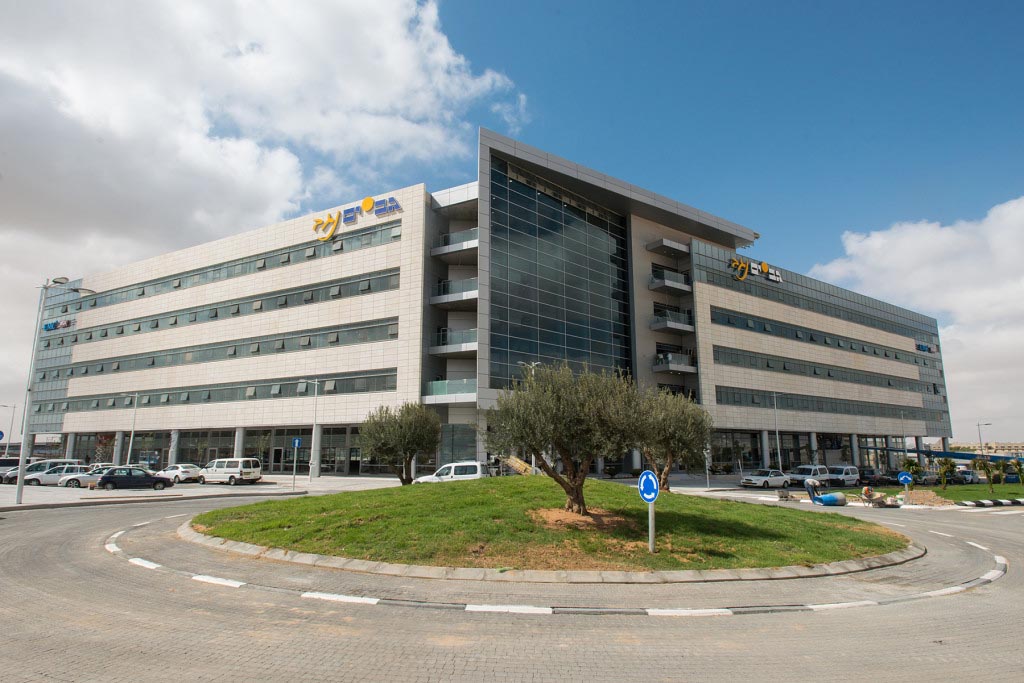
It shows a significant increase in its early-childhood development, in the education sector. They are also improving the number of students who complete primary education, and the rate of those enrolling in school. It is a formidable achievement in the right direction.
5. France
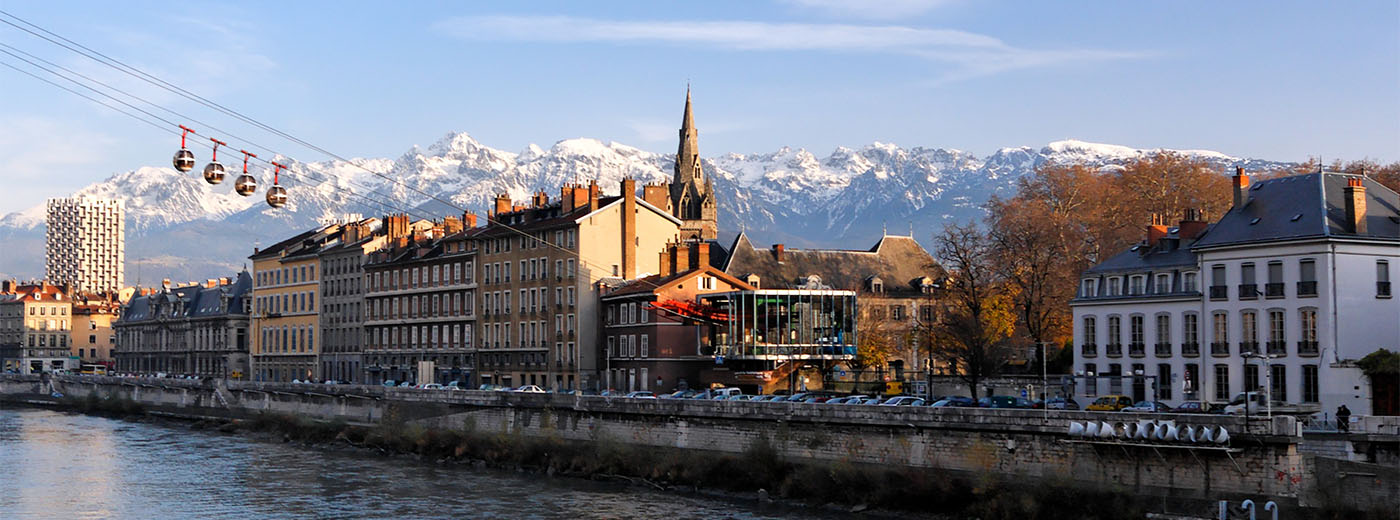
Training in France is mandatory for children of ages 6 to 16 years. It is probably no wonder that it secures number 4 in the ranking of countries with a high number of primary age students who are in school. They also follow a national curriculum.
In France, it is typical for students to have offs days on Wednesday and a half day on Saturday. Students that are graduating have to take a standardized philosophical essay, each year, commonly known as the baccalaureate.
Conclusion
We are living in the age where the economy is knowledge-based. Therefore, it is prudent to ensure that the youth can easily access quality education for their personal development and to be able to find solutions to the problems that the society faces.
As you contemplate on the above education systems, find time to work on your personal statement review efficiently.


